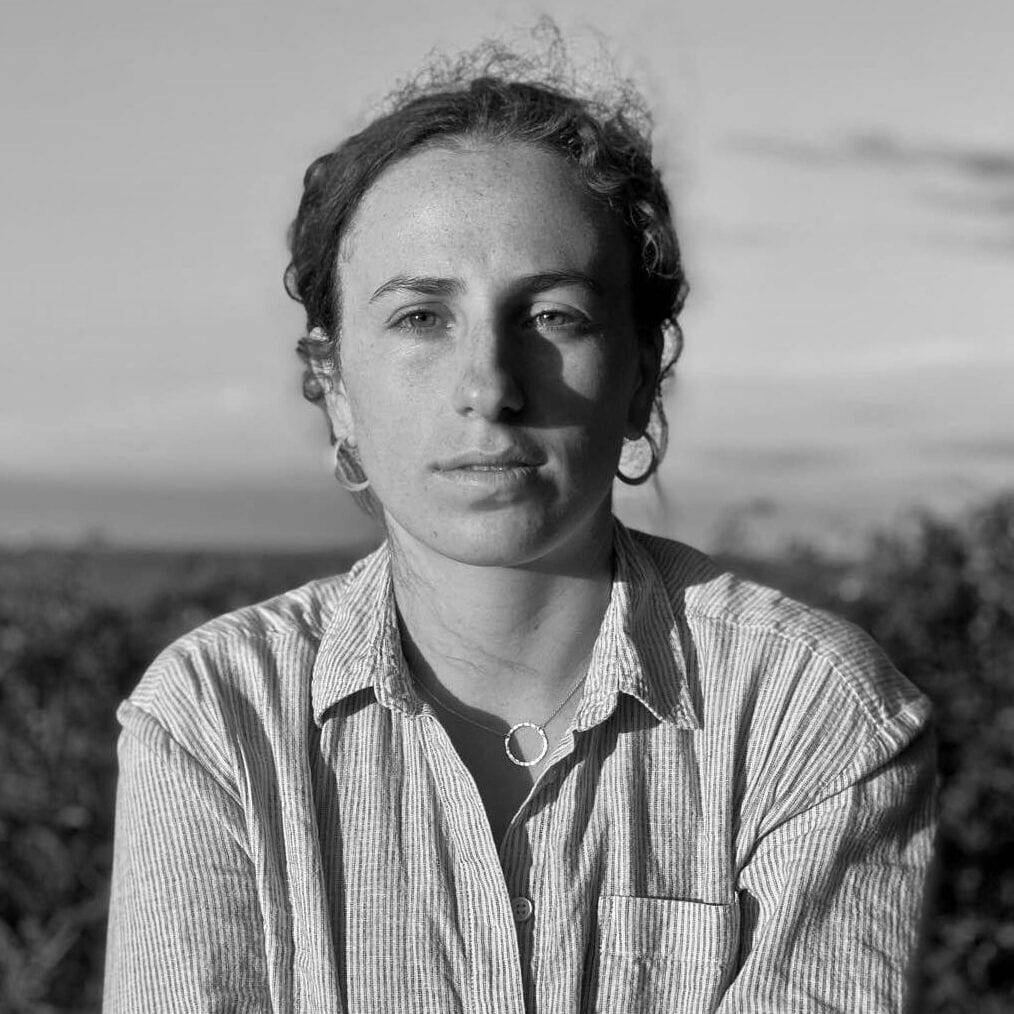Lebanese Prime Minister Hassan Diab is set to address the Lebanese people at 4:30pm (GMT) today, only two days before the country’s Eurobonds mature on 9 March. Though the prime minister is expected to announce a financial rescue plan, which, International Monetary Fund (IMF) officials hinted could involve restructuring public debt, Lebanon is being held hostage by an intransigent Hezbollah.
Several economists have called for an IMF bailout, and Diab’s statement, which announced on Wednesday that the country can no longer protect Lebanese people and provide them a “decent lifestyle”, indicates that the prime minister might just agree. But, crucially, Hezbollah does not.
Though the Iranian-backed Shia militia boasts only two ministries in the current cabinet, Diab’s government is backed by the group, and its allies, in the March 8 Alliance – a traditionally pro-Syrian bloc of political parties. While Hezbollah gave approval to the government for seeking “technical assistance” from the IMF, the issue of a bailout has been presented as a red line.
READ: Israel urges Germany to ban Hezbollah
Deputy leader of Hezbollah, Sheikh Naim Qassem, disclosed in a statement on 25 February that the group: “Will not accept submitting to [imperialist] tools… meaning we do not accept submitting to the IMF to manage the crisis.”
Hezbollah opposes a bailout because it would grant the IMF control over certain aspects of the state, including the party’s patronage network. The IMF’s policy of conditionality in any bailout agreement, designed to facilitate the repayment of the loan and safeguard against negative national and international ramifications, means that Lebanon would likely face increasing regressive taxes and cuts to the public sector, without careful consideration of the social effects.
In this scenario, many of Hezbollah’s constituents and supporters would be the hardest hit, and potentially sweep away the party’s allies and the edifice the group’s leader Hassan Nasrallah has cultivated.
READ: Lebanon freezes assets of 20 banks
Yet, only the IMF could provide the level of funding needed to re-float the economy, and contribute sufficient cash flows for imports of fuel, food and medicines. Most goods in Lebanon are imported, and suppliers often pay for imports in US dollars, while customers purchase goods in lira. On this basis, Lebanon requires a never-ending cash flow to satisfy demand, but the system is one which facilitates the flight of dollars from the country.
Previously, dollars were deposited by the diaspora, but since the start of anti-government protests in October, these flows have dried up as a result of plummeting trust in banks and informal capital controls. The banking system, which is the backbone of the Lebanese economy, is essentially bankrupt. Nobbled by a failure to diversify the financial portfolio, the Lebanese banking system has lent 70 per cent of its assets to the state.
Foreign aid is a possibility, entertained by several politicians, to invigorate Lebanon’s economy and stave off an economic collapse. Yet again, Hezbollah holds hostage any potential release of aid. Though an aid package of $11 billion was offered in April 2018 by a coalition of 51 states present at the CEDRE international conference in Paris, no foreign government will release money which could reach and be used by what many have designated a terror organisation.
READ: Bodies of Hezbollah fighters killed in Syria’s Idlib returned to Lebanon
The US, which is ostensibly a potential source of foreign aid, imposes strict sanctions on Hezbollah, which prohibit support for the militant group, as well as associated lawmakers and banks. US President Donald Trump’s government remains concerned that Hezbollah-controlled ministries, particularly the Ministry of Health, could syphon money later used to subsidise health care for its supporters, and so will not greenlight aid which could put money into the hands of an organisation it officially sanctions.
Other options are scarce, though some governments could offer aid in exchange for weapons concessions from Hezbollah. However, not only does this lend credence to Hezbollah’s notion that any international aid is predicated on weakening the militia group, but such offers will doubtlessly be rejected.
The only way to avoid an IMF bailout is to push for reforms which end corruption, transform the utility sector and put Lebanon on a sustainable financial pathway. Reform policies would necessitate an increase in the top tax tier – currently only 22 per cent – and force the highest income earners in the country to bear the brunt through a progressive haircut on the top account holders.
READ: Lebanon PM launches Twitter account for ‘Plans and Suggestions’
Yet, a militia group which has leached off the state for years and sought to protect corrupt elites who act as powerful allies, can never advocate its allies losing their position of control over the state’s economy, nor can it advocate policies which force a haircut on high earners. If an IMF bailout is to be avoided, these reforms are needed, but Hezbollah can, and will, block them.
It is not clear what plan Diab will announce tomorrow, but if Hezbollah are deliberately obstructive of the proposal, the prime minister may seek to tender his resignation, with other ministers abandoning ship in tandem. Hezbollah does not want to lose their stake in the government, and so must find a compromise.
To find common ground, Lebanon’s government is trying to salvage the Lebanese economy without compromising its corrupt foundations, or the benefits which the country’s elite of warlords and businessmen enjoy. It remains for Hezbollah to decide which red line it wants to cross.
The views expressed in this article belong to the author and do not necessarily reflect the editorial policy of Middle East Monitor.

![People stage a demonstration against the new government of Hassan Diab on 11 February 2020 in Beirut, Lebanon
[Mahmut Geldi/Anadolu Agency]](https://i0.wp.com/www.middleeastmonitor.com/wp-content/uploads/2020/02/30-01-2020-leb-protest_16.jpg?fit=920%2C613&ssl=1)


![US President Donald Trump in IA, US on 30 January 2020 [Kyle Mazza/Anadolu Agency]](https://i0.wp.com/www.middleeastmonitor.com/wp-content/uploads/2020/02/Trump20200131_2_40597934_51682542.jpg?resize=920%2C613&ssl=1)






